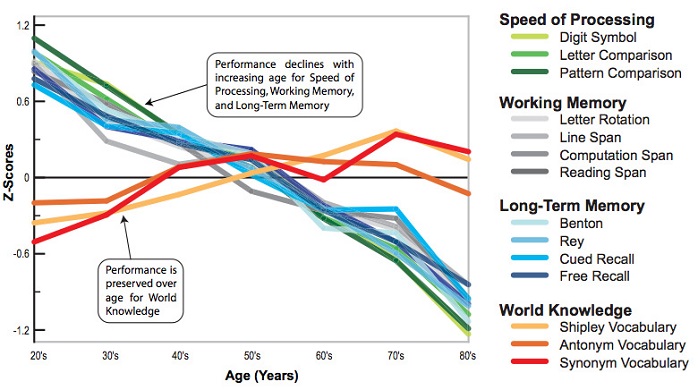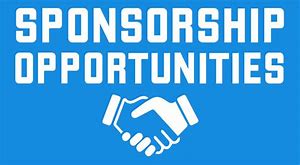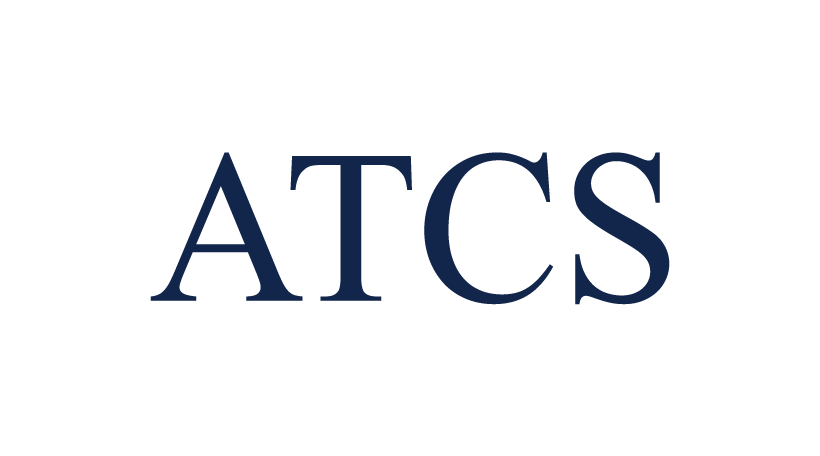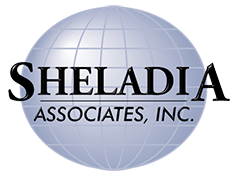Knowledge Defies Age
Colonel Sanders founded Kentucky Fried Chicken when he was 65. Grandma Moses, the celebrated painter, took up a paintbrush when she was 75. Harry Bernstein published his debut novel when he was 96. Alexander Fleming received the Nobel Prize at 64 for the discovery of penicillin, the first antibiotic. (Source: “Top Ten Late Bloomers of All Time,” Psychology Today, 2010). Clearly, the systematic study of a profession, i.e. education, can be the springboard for happiness regardless of age.

If professional significance is your goal, recognize that age is not a barrier but a goldmine of experience with the potency for unleashing the splendor you may seek. Volitional learning is the best, whether through books as self-study, or in a group setting to leverage an interactive environment. Regardless of the educational tools or environment you use, it is vital that you not move to a higher-level concept until the previous-level concept has been understood with just as much conviction as it had to be for the creator of that concept when she discovered, confirmed, and wrote about it.
Education is a method based on scientific principles. Maria Montessori’s system for teaching kids with a focus on expanding cognitive ability is ground breaking. Her work demonstrates an understanding of how human consciousness absorbs and processes information in a way every teacher at any level can grasp. The value of Maria’s work is best understood by grasping the concepts of human consciousness explained in the book Objectivism by Leonard Peikoff.
When you consciously set aside volitional time to expand your professional knowledge on your own dime, you feed your subconscious with world knowledge that powers the brain’s cognitive functions allowing you to grow professionally even when your bodily functions decline.







